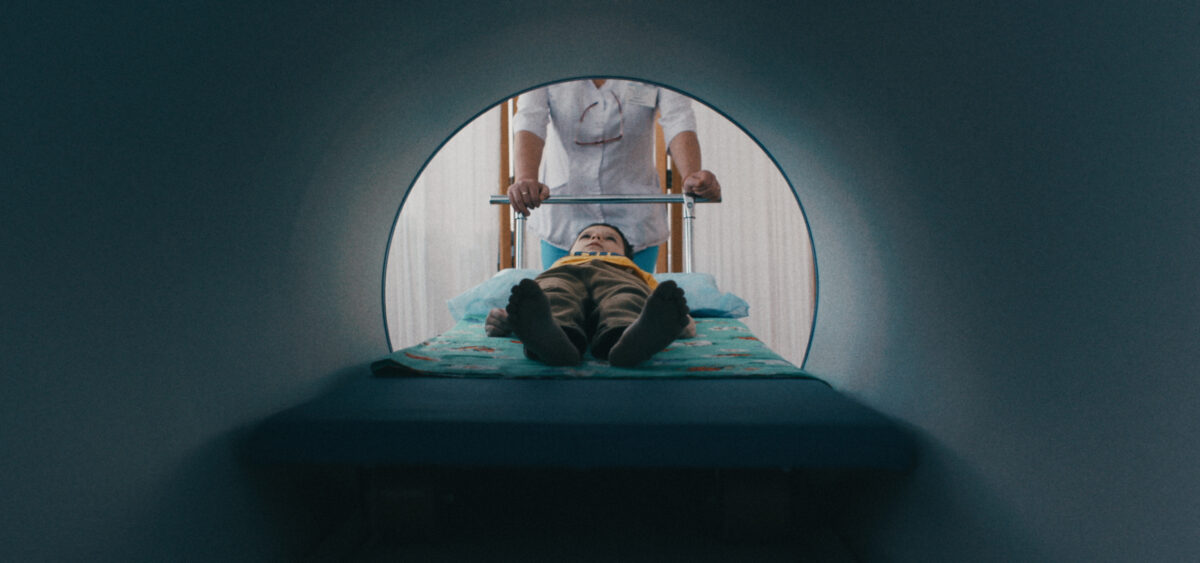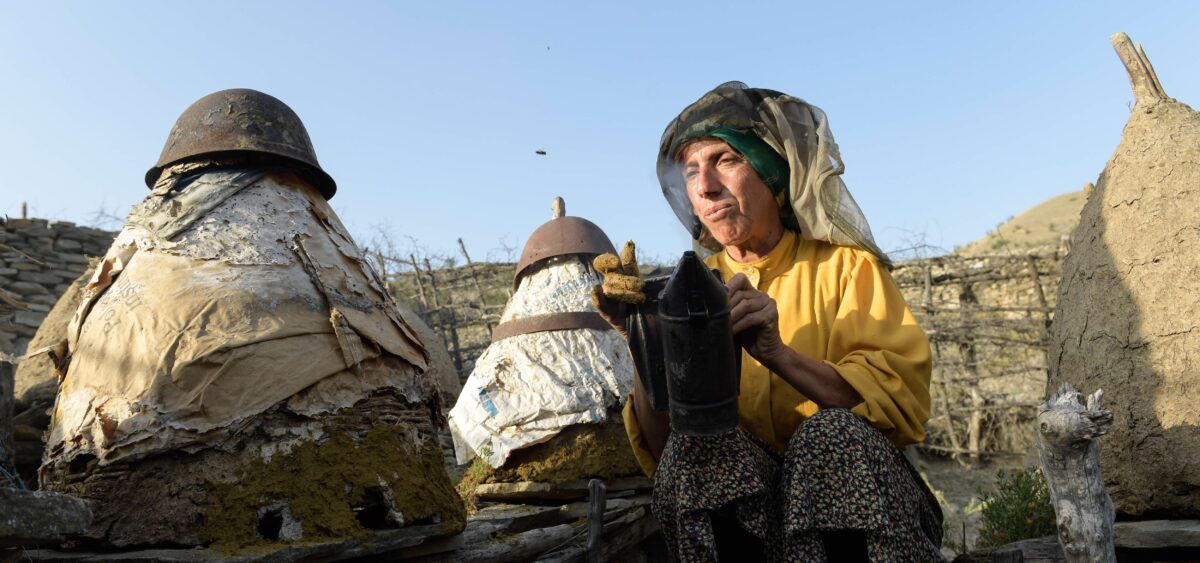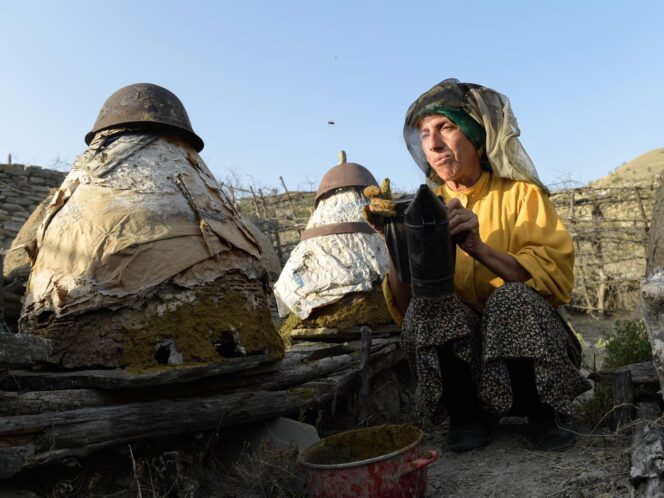
“I was a kid, maybe five or six years old, how could it not affect me?” wonders Russian filmmaker Masha Osipova, who was sent by her parents to Soviet sanatoriums and forced to undergo obscure health treatments such as light therapy and oxygen cocktails. She explains to Dariusz Kuźma how she turned her traumatic experiences into an experimental short documentary about how memories of the past can drive healing processes in the present.
It is a brave thing to do, to go deep down the rabbit hole of your past to explore what you went through as a child and how it affected the way you are as an adult. Not many people could do it. What persuaded you to make this film? Curiosity? Anger? A need for answers?
It actually started with my brother. I come from a big family and my brothers and sisters had also experienced trips to Russian sanatoriums. I deliberately say “Russian sanatoriums”, as these kinds of institutions existed in countries like Poland, Germany and the Netherlands (where I live now), but they served a different purpose. They were intended mostly








